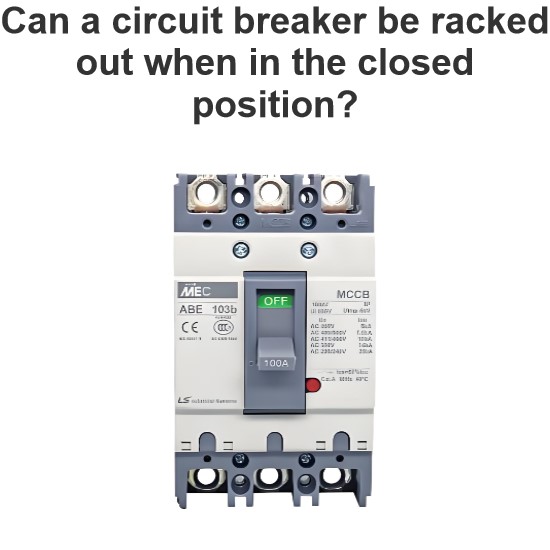What are the differences between an AC and a DC circuit breaker in terms of operation and switching?
Ac circuit breaker and DC circuit breaker operation and switching difference
There are some important differences between AC circuit breakers and DC circuit breakers in terms of operation and switching, and these differences mainly stem from the differences in the physical characteristics of AC and DC.
Differences in operating principles
Ac circuit breakers and DC circuit breakers have different operating principles. Ac circuit breakers use the periodic change of alternating current and rely on the action of electromagnetic force to operate the closure and disconnection of contacts. The DC circuit breaker relies on the electromagnetic force or spring energy storage mechanism to operate the contact, because the current direction of the direct current is unchanged, so its operating mechanism needs to be more stable and reliable.
The difference of arc extinguishing mode
Ac circuit breakers and DC circuit breakers also have significant differences in arc extinguishing methods. Alternating current has a natural zero crossing at each cycle, which makes the arc easily extinguished at zero crossing. Therefore, AC circuit breakers usually use the natural zero crossing of AC electricity to extinguish the arc. The direct current has no zero point, and the arc is difficult to extinguish itself, so the DC circuit breaker needs to use a more complex arc extinguishing technology, such as using a magnetic field to elongate the arc, or using a special arc extinguishing chamber structure to accelerate the extinction of the arc.
Structural design differences
Due to the different physical characteristics of AC and DC, AC circuit breakers and DC circuit breakers are also different in structural design. The contact design of AC circuit breakers is usually relatively simple, and the contact design of DC circuit breakers needs to consider more factors, such as the choice of contact material, the design of the shape of the contact, etc., to ensure that the circuit can be reliably broken and connected under direct current conditions.
Differences in application situations
Ac circuit breakers are mainly used in AC power systems to protect AC motors, transformers and other equipment from overload and short circuit damage. The DC circuit breaker is mainly used in DC power systems, such as DC transmission, DC distribution and other occasions, used to protect DC motors, battery packs and other equipment.
Maintenance and maintenance differences
Ac and DC circuit breakers are also different in terms of maintenance and maintenance. Ac circuit breakers usually need to check the wear of contacts regularly, and DC circuit breakers need to check the condition of contacts more frequently, because the current direction of direct current is unchanged, and the wear of contacts will be more serious.
In summary, AC circuit breakers and DC circuit breakers have many differences in operation and switching, and these differences are mainly due to the physical characteristics of AC and DC. In practical applications, choosing the right type of circuit breaker is crucial to ensure the safe and reliable operation of the power system.
The Electricity Encyclopedia is dedicated to accelerating the dissemination and application of electricity knowledge and adding impetus to the development and innovation of the electricity industry.




